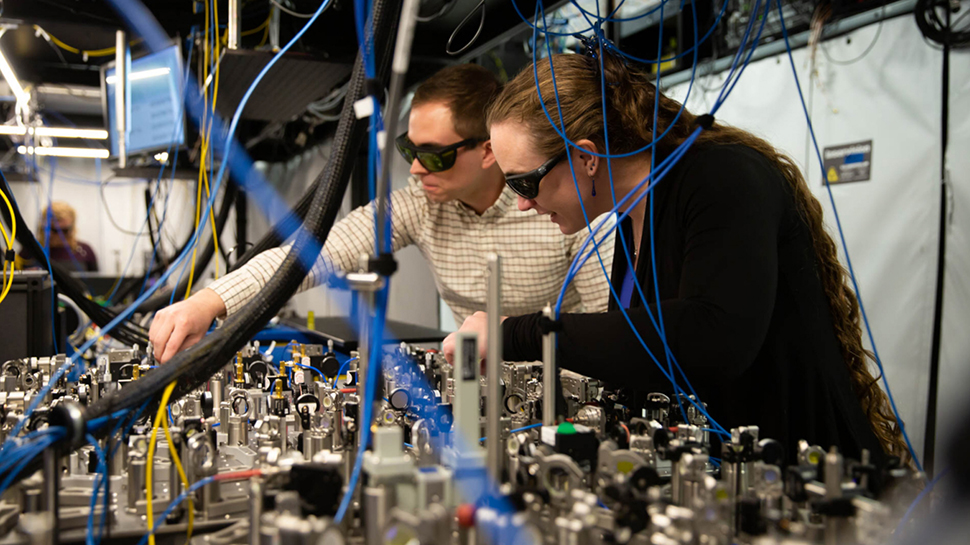Microsoft makes major quantum computing breakthrough — development of most stable qubits might actually make the technology viable for many, but will anyone be able to afford it?
Microsoft and Quantinuum say they've achieved Level 2 Resilience

Unlike traditional computing that uses binary bits, quantum computing uses quantum bits or 'qubits', enabling simultaneous processing of vast amounts of data, potentially solving complex problems much faster than conventional computers.
In a major step forward for quantum computing, Microsoft and Quantinuum have unveiled the most reliable logical qubits to date, boasting an error rate 800 times lower than physical qubits.
This groundbreaking achievement involved running over 14,000 individual experiments without a single error, which could make quantum computing a viable technology for various industries.
Azure Quantum Elements platform
Microsoft says the successful demonstration was made possible by applying its innovative qubit-virtualization system (coupled with error diagnostics and correction) to Quantinuum's ion-trap hardware. Jason Zander, EVP of Strategic Missions and Technologies at Microsoft, says, "This finally moves us out of the current noisy intermediate-scale quantum (NISQ) level to Level 2 Resilient quantum computing."
The potential of this advancement is enormous. As Zander says, “With a hybrid supercomputer powered by 100 reliable logical qubits, organizations would start to see the scientific advantage, while scaling closer to 1,000 reliable logical qubits would unlock commercial advantage.”
Quantum computing holds enormous promise for solving some of society's most daunting challenges, including climate change, food shortages, and the energy crisis. These issues often boil down to complex chemistry and materials science problems, which classical computing struggles to handle but which would be far easier for Quantum computers to manage.
The task now, Microsoft says, is to continue improving the fidelity of qubits and enable fault-tolerant quantum computing. This will involve transitioning to reliable logical qubits, a feat achieved by merging multiple physical qubits to protect against noise and sustain resilient computation.
Sign up to the TechRadar Pro newsletter to get all the top news, opinion, features and guidance your business needs to succeed!
While the technology's potential is immense, its widespread adoption will depend on its accessibility and cost-effectiveness. For now, though, Microsoft and Quantinuum's breakthrough marks a significant step towards making quantum computing a practical reality.
More from TechRadar Pro

Wayne Williams is a freelancer writing news for TechRadar Pro. He has been writing about computers, technology, and the web for 30 years. In that time he wrote for most of the UK’s PC magazines, and launched, edited and published a number of them too.
